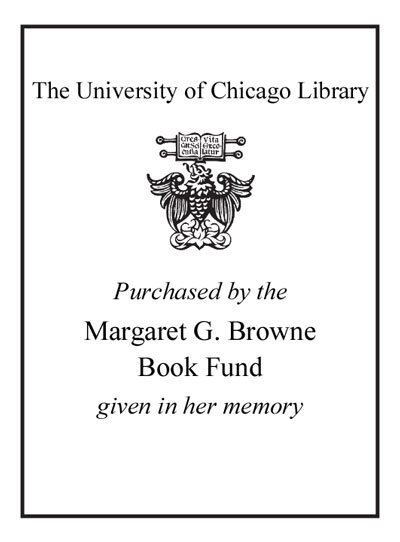Review by Choice Review
Billed as a "general introduction" to Continental philosophy, this book provides a chronological look at key French and German philosophical texts from 1903 to 1966. Lawlor (Penn State) focuses on four particular movements within Continental thought: phenomenology, Bergsonism, psychoanalysis, and structuralism. He acknowledges that this approach is somewhat idiosyncratic, but the commentaries and interpretations of the selected texts provide a clear argument in favor of an identifiable, definable tradition for Continental philosophy from Bergson through Freud, Husserl, Heidegger, and Merleau-Ponty to Foucault. Each of the seven chapters is dedicated to a particular work of each of these thinkers in chronological order of that work's publication. Each chapter is organized into three parts. The first provides a fairly straightforward summary explanation of the text. The second offers a more focused original interpretation of an aspect that Lawlor wants to stress, and the third serves as a transition to the next chapter. The unifying theme of the tradition upon which Lawlor concentrates is the question of thinking. Textual summaries are clear, and interpretations are fresh and compelling. Helpful bibliography and index. Summing Up: Recommended. Advanced undergraduates through faculty/researchers. J. Donohoe University of West Georgia
Copyright American Library Association, used with permission.
Review by Choice Review

